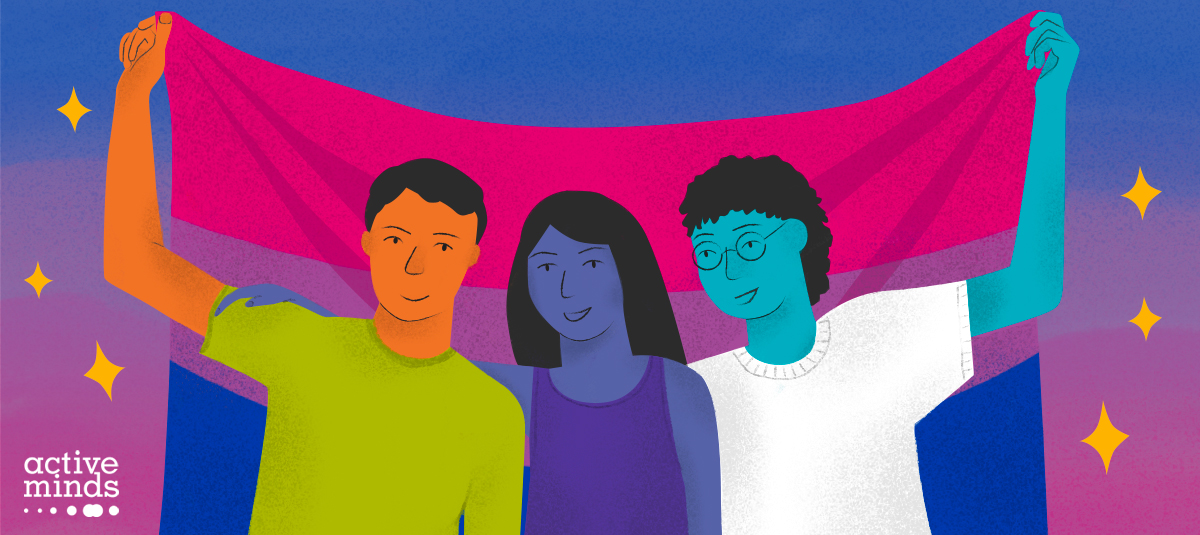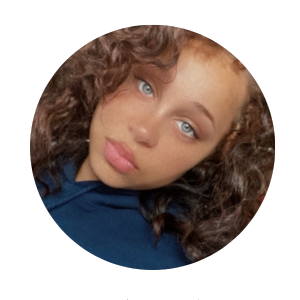Growing up, I always felt like an outsider. The world seemed to operate in binary terms, forcing me to choose between being straight or gay. This can be a difficult path for anyone, but it becomes even more arduous when faced with the complexities of identity and acceptance. As someone who identifies as fluid, the intersection of sexuality and mental health is a complex and undeniable issue provoked by society’s narrow-minded views.
As a person of color with a parent who solely understood hetero- and homosexuality as strict binaries, my upbringing was marked by unique struggles and conflicts. Their experiences and cultural background shaped their perspective, making it difficult for them to comprehend or accept any other form of sexual orientation. This lack of understanding created a disconnect between us, as I struggled to express my true self while fearing rejection or disappointment. In communities of color, traditional gender roles and expectations often prevail. Masculinity is highly valued, while anything deviating from the norm is met with skepticism or even hostility. Growing up in this environment meant constantly grappling with my own identity and trying to reconcile it with societal norms.
For me, navigating adolescence was already a tumultuous period filled with self-discovery and confusion. At first, it felt liberating to acknowledge my attraction toward both sexes. However, the added weight of feeling misunderstood by one’s own parents can be overwhelming. It felt like society perceived this as having “twice the options,” but it quickly felt more like twice the burden for me. It forced me to seek solace outside of my immediate family circle, searching for acceptance among friends or within LGBTQ+ communities.
Despite these challenges, growing up in such an environment also fostered resilience within me. It taught me the importance of self-acceptance and embracing diversity in all its forms. I learned that being true to oneself is more important than conforming to societal expectations. Meeting others who shared similar experiences reminded me that I was not alone in this journey.
Over time, I realized that embracing my fluidity was not a burden but a gift. It allowed me to see beyond societal norms and appreciate the beauty in all individuals, regardless of their gender identity or sexual orientation. Today, as an advocate for LGBTQ+ rights, I strive to create a world where everyone can express their true selves without fear or shame. My journey has taught me that labels are limiting; they confine us within narrow definitions when our hearts yearn for boundless connections.
Discovering my sexuality and navigating its intersection with my mental health has been both challenging and rewarding. Growing up as a person of color with a parent who was only familiar with a more rigid, binary view of heterosexuality and homosexuality presented unique obstacles on my path toward self-discovery and acceptance. However, it also instilled valuable lessons about resilience and staying true to oneself despite external pressures. Through this journey, I have understood that embracing diversity is essential for personal growth and fostering inclusivity within society as a whole. By embracing our true selves, we can break free from the burden of societal expectations and find genuine happiness in our relationships.
As we go forward in society, destigmatizing the LGBTQ+ population takes a collaborative effort from everyone — schools, employers, healthcare professionals — as well as improvements at both the individual and systemic levels. We can create a more inclusive society where everyone feels valued regardless of their sexual orientation or gender identity by encouraging acceptance and providing the appropriate support mechanisms for better mental health outcomes among this marginalized population. I would love to see these changes made in small and impactful areas of life, such as families, schools, and personal social groups.




